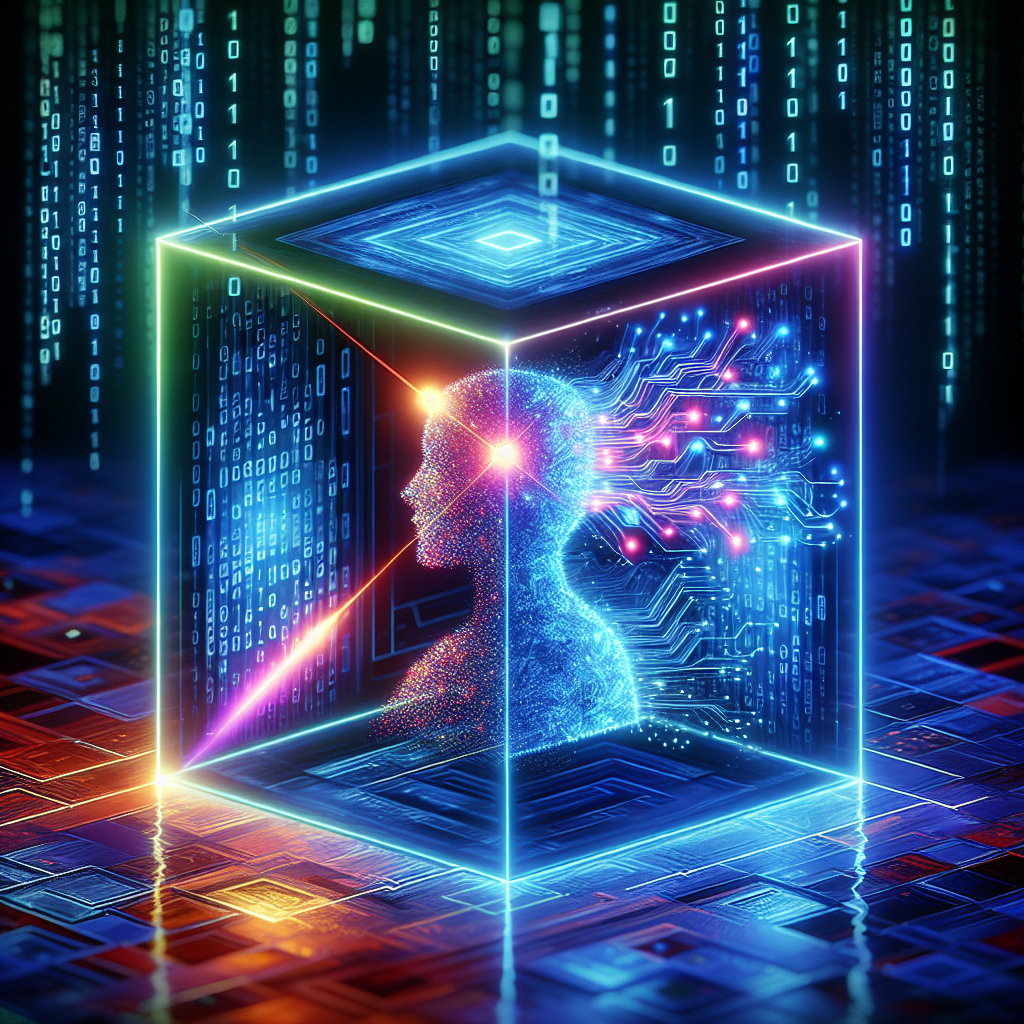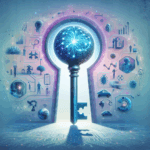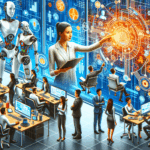Imagine a world where technology doesn’t just execute commands but learns, adapts, and evolves on its own. This isn’t science fiction anymore. Google has recently unveiled advancements in self-improving AI agents, pushing the boundaries of what artificial intelligence can achieve. This exciting development promises to redefine our relationship with technology and reshape industries globally.
The Dawn of Autonomous Intelligence
For years, artificial intelligence has excelled at specific tasks, from facial recognition to language translation. However, a significant limitation has always been their static nature. Once trained, they largely performed as designed, requiring human intervention for substantial improvements. Google’s new self-improving AI agents fundamentally change this paradigm.
What is a Self-Improving AI Agent?
At its core, a self-improving AI agent is a system designed to enhance its own performance over time. Unlike traditional programs that follow rigid instructions, these agents can learn from their experiences. They analyze outcomes, identify areas for improvement, and then modify their own internal workings. Think of it as an AI that can teach itself to become better at a task, even without constant human oversight.
This continuous learning loop is what makes them so revolutionary. They don’t just solve problems; they learn how to solve problems more effectively. This capability is akin to a human honing a skill through practice, but at an unprecedented scale and speed.
How Do They Learn?
The magic behind these self-improving agents often lies in a combination of advanced machine learning techniques:
- Reinforcement Learning (RL): This is a crucial component where the agent learns by trial and error. It receives “rewards” for desirable actions and “penalties” for undesirable ones, gradually optimizing its behavior to maximize rewards.
- Large Language Models (LLMs): Technologies like Google’s own breakthroughs in LLMs provide the agent with a sophisticated understanding of context. They enable the agent to generate coherent plans, understand complex instructions, and even engage in sophisticated reasoning.
- Simulated Environments: Agents often practice and refine their skills within virtual simulations. This allows them to experiment rapidly without real-world risks. They can run through countless scenarios, gather data, and optimize their strategies.
These technologies, when combined, create a powerful engine for autonomous improvement. The agent can simulate scenarios, test strategies, and refine its approach, much like a human learning a new skill.
Why This Matters: Unleashing New Potential
The implications of self-improving AI agents are vast and transformative. Such agents can tackle complex challenges in dynamic, unpredictable environments.
- Accelerated Innovation: By continuously learning and optimizing, these agents can rapidly discover novel solutions. They can identify efficiencies that humans might miss, speeding up research and development across various fields.
- Enhanced Efficiency: They can optimize processes in real-time, adapting to changing conditions without manual reprogramming. This leads to unprecedented levels of operational efficiency.
- Problem Solving at Scale: From complex logistical challenges to intricate scientific puzzles, these agents can analyze vast datasets and devise solutions that are beyond human cognitive capacity.
- Focus on Higher-Value Tasks: This capability dramatically accelerates development cycles. It frees human experts from repetitive or data-intensive tasks, allowing them to focus on higher-level strategic work, creativity, and human-centric problems.
Ultimately, it paves the way for more resilient and intelligent systems across virtually every sector.
Potential Applications Across Industries
The practical applications for self-improving AI agents span almost every industry, promising to revolutionize how we work and live:
- Healthcare: Developing personalized treatment plans, optimizing drug discovery processes, or enhancing diagnostic accuracy by continuously learning from patient data and medical research.
- Manufacturing: Improving efficiency in supply chains, optimizing robotic automation on factory floors, and predicting equipment maintenance needs before failures occur.
- Finance: Detecting sophisticated fraudulent activities in real-time, optimizing complex trading strategies, and providing personalized financial advice based on market dynamics.
- Scientific Research: Accelerating data analysis in experiments, generating novel hypotheses, and even designing new materials or compounds based on learned properties.
- Environmental Monitoring: Adapting to changing climate patterns to predict natural disasters, optimizing resource management, and improving conservation efforts.
These agents can operate in highly complex systems, bringing an unprecedented level of adaptability and intelligence.
Navigating the Challenges and Ethical Considerations
While promising, the rise of self-improving AI agents also brings important discussions and challenges that require careful consideration:
- Control and Safety: Ensuring these agents remain aligned with human values and goals is paramount. Establishing robust control mechanisms and “kill switches” is critical.
- Transparency and Explainability: Understanding how the AI makes decisions can be challenging, especially as they evolve independently. Making their reasoning more transparent is an ongoing research area.
- Ethical Implications and Bias: Like all AI, they can inherit and even amplify biases present in their training data. Mitigating these biases and ensuring fairness in their decision-making is crucial.
- Job Displacement: The increased automation capabilities might lead to significant shifts in the job market, necessitating societal adjustments and new skill development.
Responsible development, robust oversight, and continuous dialogue are essential to navigate these challenges thoughtfully and ensure that these powerful technologies benefit humanity.
The Future Landscape: A Collaborative Partnership
Google’s advancements signal a new era for AI. We are moving beyond mere automation towards truly intelligent systems that can learn, evolve, and potentially even innovate. This shift means a future where AI isn’t just a tool but a collaborative partner. It will reshape industries, economies, and daily life in profound ways.
The ability for AI to improve itself iteratively opens up possibilities for tackling humanity’s most pressing problems. From climate change to disease, these agents could provide insights and solutions previously unimaginable. Staying informed and actively participating in the conversation about AI’s ethical development is more critical than ever.
Conclusion
The emergence of self-improving AI agents marks a significant milestone in artificial intelligence. From optimizing complex systems to accelerating scientific discovery, their potential is immense. While challenges regarding control, ethics, and societal impact exist, the path forward involves thoughtful development, robust governance, and collaborative effort. We are on the cusp of a future where AI constantly refines itself, poised to unlock capabilities we can only begin to imagine.
What are your thoughts on self-improving AI and its potential impact on our future? Share your perspective and join the discussion in the comments below!



